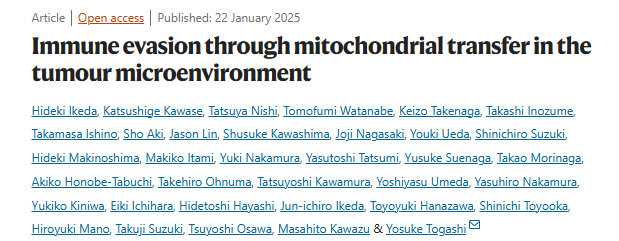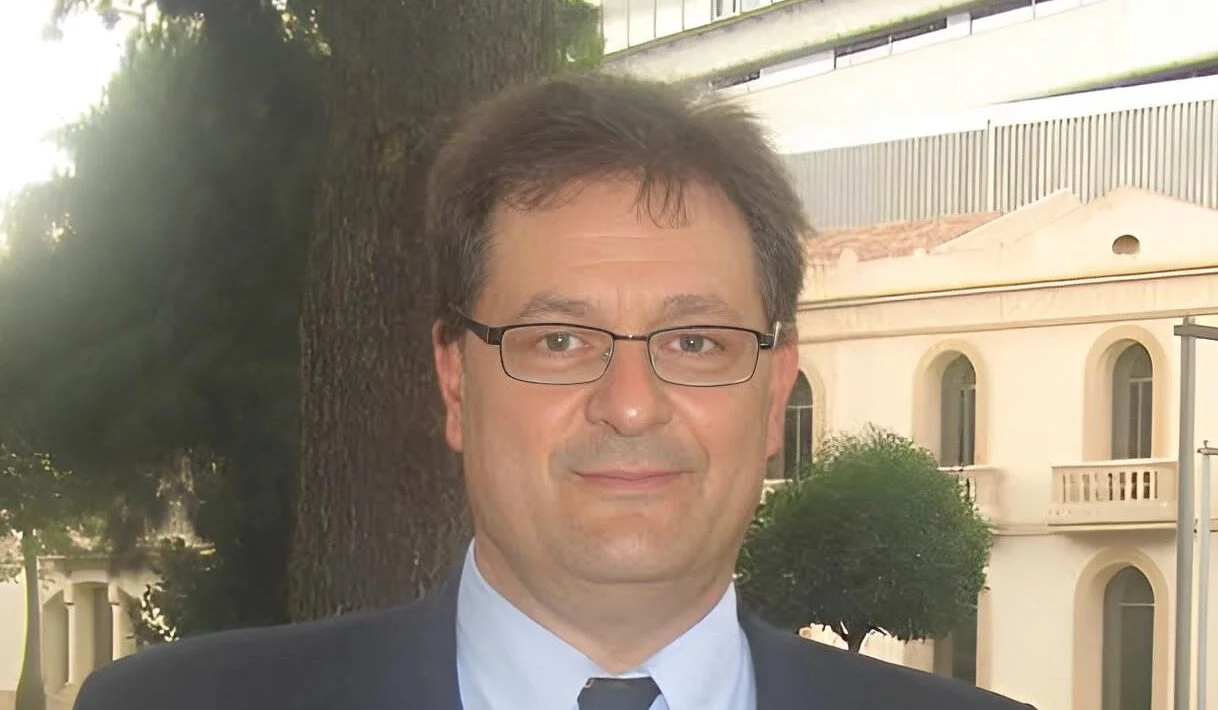Miguel Bronchud, Co-Founder and Advisory Board at Regenerative Medicine Solutions, shared a post on LinkedIn:
“Tumor associated immune suppression can also be related to “toxic mitochondria”?
Mitochondria are swapped between cells, contrary to an earlier dogma that they stayed with their cells of origin?
New research by a Japanese group suggests that cancer cells can poison attacking immune cells by filling them with defective mitochondria – dampening the body’s defensive forces and helping the tumour to evade eradication:
“Immune evasion through mitochondrial transfer in the tumour microenvironment”
Ikeda, H., Kawase, K., Nishi, T. et al. Immune evasion through mitochondrial transfer in the tumour microenvironment. Nature (2025).
It was known that mitochondrial dysfunction in tumour-infiltrating lymphocytes (TILs) can impair antitumour immune responses, but recent findings by the Japanese team, published today in Nature,provide the strongest evidence to date that mitochondria – Intra cellular organelles that produce energy (ATP) as part of metabolism and breathing (“burning” hydrocarbons with oxygen to produce CO2 and H2O) – can also migrate in humans, from other cells in tumor microenvironments, and not just in cell and animal models.
These researchers analysed clinical specimens to identify mitochondrial DNA (mtDNA) mutations in TILs that are shared with cancer cells; surprisingly , mitochondria with mtDNA mutations from cancer cells are able to transfer to TILs. Typically, mitochondria in TILs readily undergo mitophagy through reactive oxygen species. However, mitochondria transferred from cancer cells do not undergo mitophagy, which we find is due to mitophagy-inhibitory molecules.
These molecules attach to mitochondria and together are transferred to TILs, which results in homoplasmic replacement. T cells that acquire mtDNA mutations from cancer cells exhibit metabolic abnormalities and senescence, with defects in effector functions and memory formation. This in turn leads to impaired antitumour immunity both in vitro and in vivo.
Accordingly, the presence of an mtDNA mutation in tumour tissue is a poor prognostic factor for immune checkpoint inhibitors in patients with melanoma or non-small-cell lung cancer.
These findings reveal a previously unknown mechanism of cancer immune evasion through mitochondrial transfer and can perhaps contribute to the future development of better cancer immunotherapies.
Should we perhaps consider to (better) incorporate mitochondrial DNA mutations detection in clinical trials with tumor infiltrating lymphocytes?”
Immune evasion through mitochondrial transfer in the tumour microenvironment
Authors: Hideki Ikeda et al.



